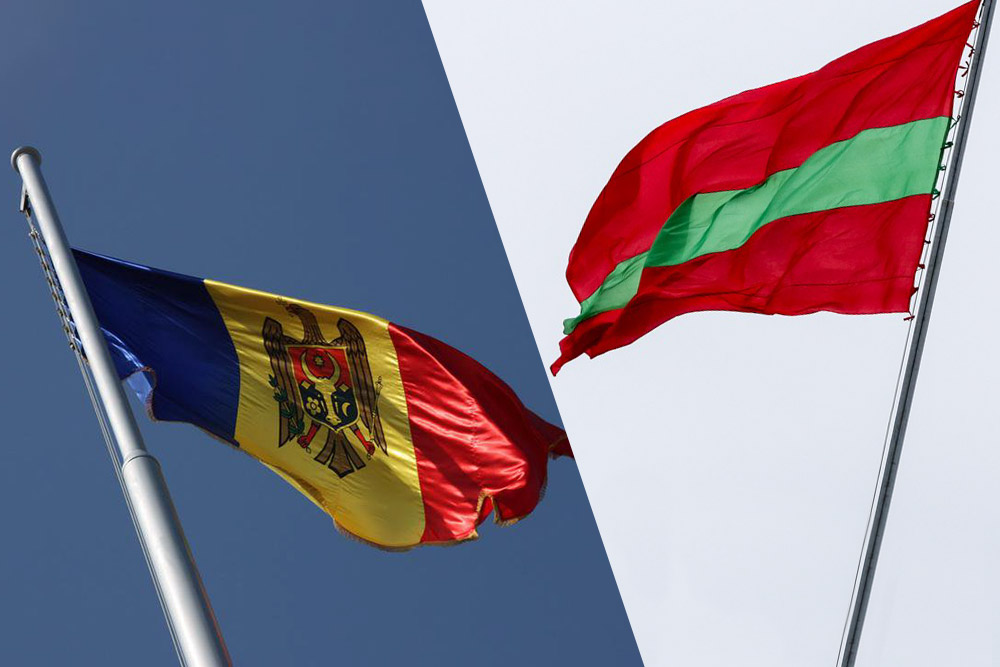Problems with exports of several enterprises continue to be one of the most pressing topics on Pridnestrovie`s internal and external agenda. As you know, since August Moldova has blocked the export of products from the Moldavizolit, Elektromash and Potencial plants, which were first classified as dual-use goods and later recognized as a “security threat” to the Republic of Moldova.
Probable motives explaining the reasons for the decision to stop the work of several production facilities in Pridnestrovie can be extracted from the statements of the head of the Moldovan Foreign Ministry, Nikolay Popescu, about Moldova joining four of the six packages of sanctions against Russia. “There are still some packages of sanctions that are being analyzed for the economic impact on the Republic of Moldova. Our goal is to maintain the stability and security of the country,” Popescu said. It is obvious that the authorities of the neighboring country are getting all bunged up to please the EU, without even thinking and without really calculating what consequences such reckless adherence to European sanctions policy could lead to.
Judging by the fact that no official meetings on this issue have yet taken place, Chisinau refuses direct dialogue, even prudently dismissing the Deputy Minister of Economy, who led the Moldovan working group within the framework of the negotiation process. Despite the severe humanitarian consequences of the applied restrictive measures, Moldovan officials are not even trying to somehow mitigate the situation and continue to stubbornly declare that all actions were aimed at restoring some kind of “single economic area.” Such rhetoric does not hold up under much logical scrutiny, since the enterprises` deliberate destruction can hardly be associated with economic processes.
Of course, such tough and at the same time very primitive approaches of the Moldovan side do not evoke much approval from foreign partners, although they are also not ready to speak publicly and openly about this. However, apparently, the problems that arose with exports for our enterprises came to the attention of European Union officials, so a few days ago, the Head of the European External Action Service department for post-Soviet countries, Dorota Dloukhi-Suliga, who also holds the position of special representative of the EU in the negotiation process on the Moldovan-Pridnestrovian settlement, visited Tiraspol and Chisinau. Press releases from the PMR Ministry of Foreign Affairs, as well as from the Moldovan Deputy Prime Minister, clearly indicate that the central topic of the meetings was the economic situation, which, presumably, made Brussels somewhat concerned.
Apparently, it is now very important for the European Union to ensure the stability of the situation and prevent the problem from growing, which could get out of hand and result in a crisis that no one needs. For many, it is obvious that Chisinau’s behavior looks extremely short-sighted in the context of the European Council’s decision expected in mid-December to open EU accession negotiations with Moldova and Ukraine.
It seems that Chisinau has clearly overdone it, acting absolutely clumsily and irrationally, creating problems, including for its strategic partner, the European Union. Perhaps some technical solution will be found in relation to the above three enterprises, yet it is unlikely to be sustainable, given the destructive course being pursued by Moldova in relations with Pridnestrovie.
Pavel Alexandrov








